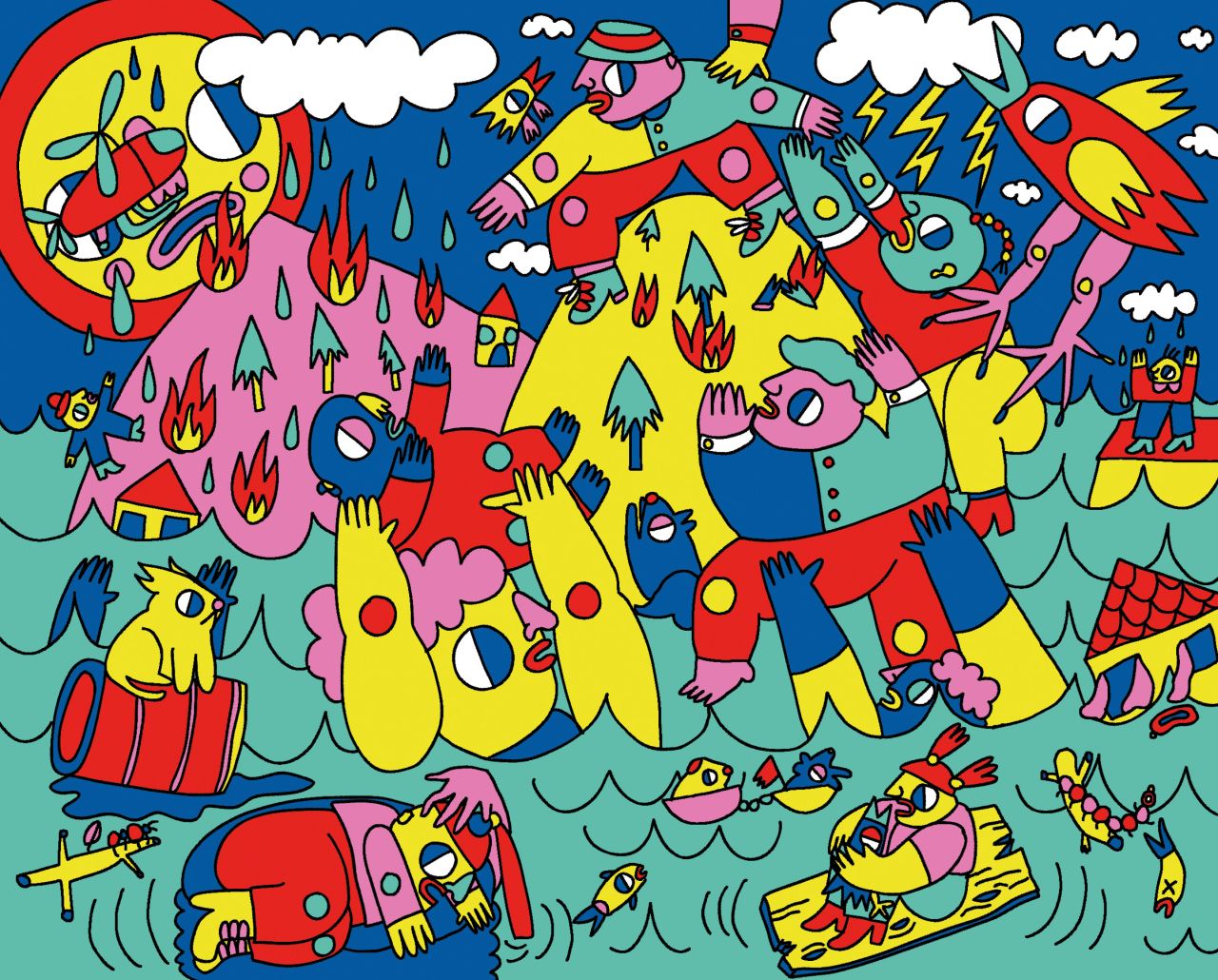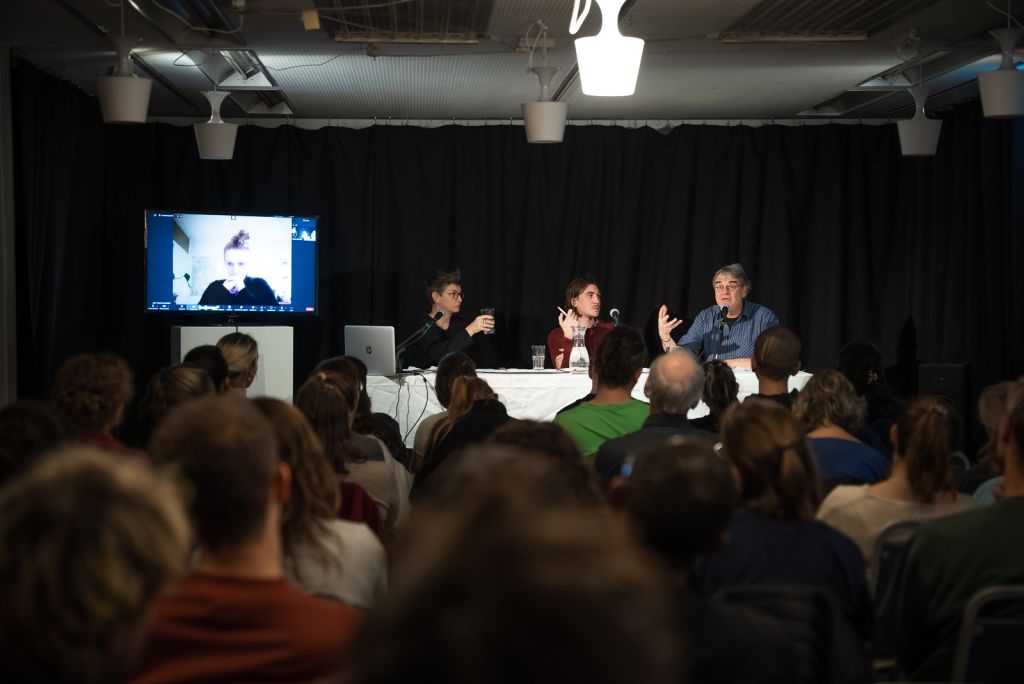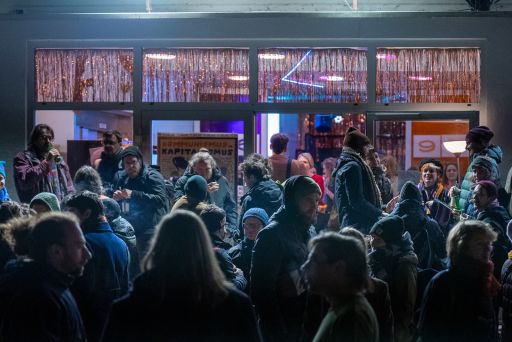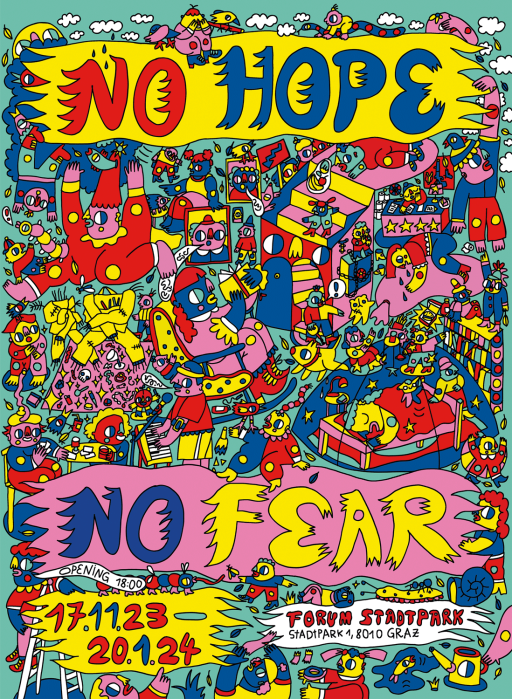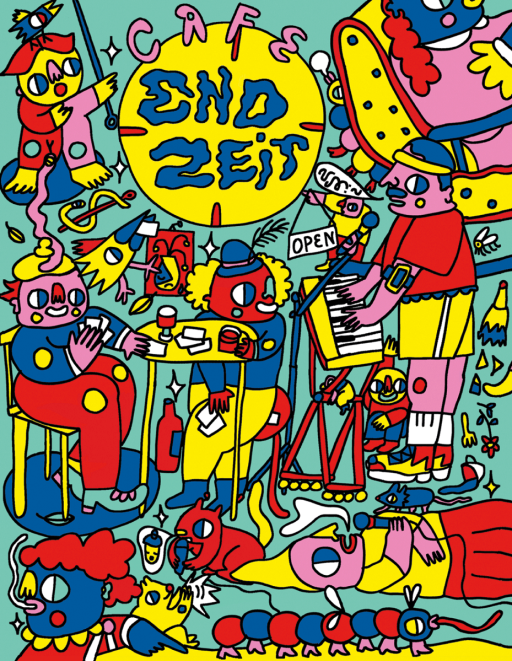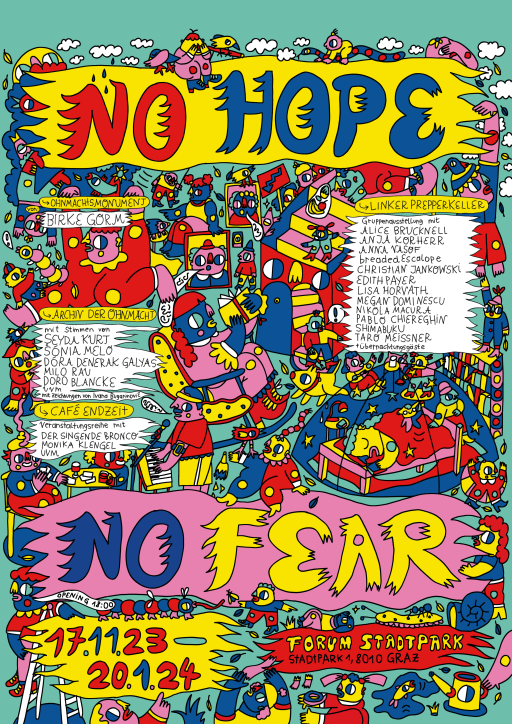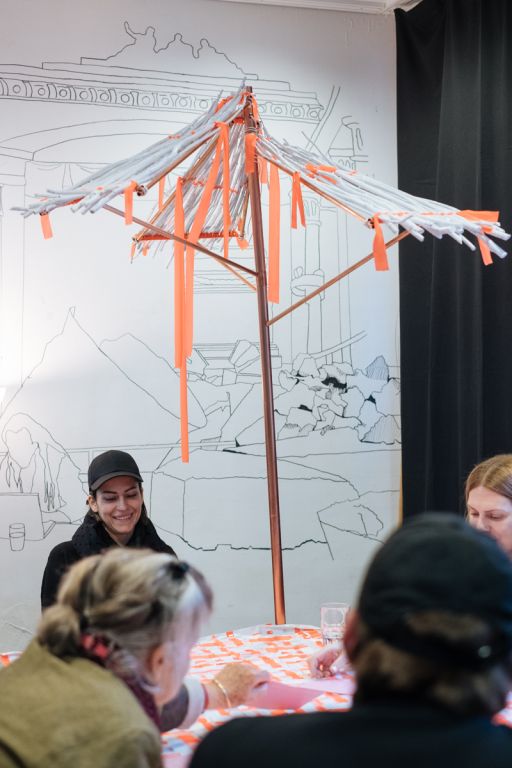Facing Ohnmacht III
Climate and Ohnmacht
FORUM STADTPARK – Fortress Ohnmacht, Facing Ohnmacht Lecture series June – November 2023
Climate and Ohnmacht
The current mode of living in Western societies is based on outsourcing ecological and social costs, which are borne by people and nature located primarily elsewhere. Global warming, natural disaster, and precarious living and working conditions – as well as conflicts and wars over natural resources – are just some of the consequences of this exploitative and destructive economy and its social relations. The scope for action on an individual level is severely limited, even as the catastrophic scenarios of socio-ecological crises accelerate. This means that fundamentally different forms of production become all the more urgent, together with modes of living in solidarity that point beyond human existence.
Ohnmacht* paralyses. It leads to passivity and discouragement – to the point of resignation. Crisis conditions intensify both social and individual feelings and experiences of powerlessness, and through this, it becomes clear that Ohnmacht has a systemic character. The series of discussions “Facing Ohnmacht” invites a critical and emancipatory confrontation with powerlessness as a feeling, an experience, and a social symptom. The series focuses on counter-narratives, pointing to strategies and approaches that lead out of powerlessness and into empowerment.
*The German word Ohnmacht refers to being ohne Macht (without power): a state in which power is absent or lacking. To be ohnmächtig also means to have fallen unconscious.
The event will be in German.
02.06.2023: Patriarchy and Ohnmacht
13.10.2023: Housing and Ohnmacht
14.10.2023: Workshop: Evictions. Power & powerlessness of the involved actors
16.11.2023: Climate and Ohnmacht
Curated by:
Sara T. Huber und Rivka Saltiel
Graphic by: Haras Ananas
